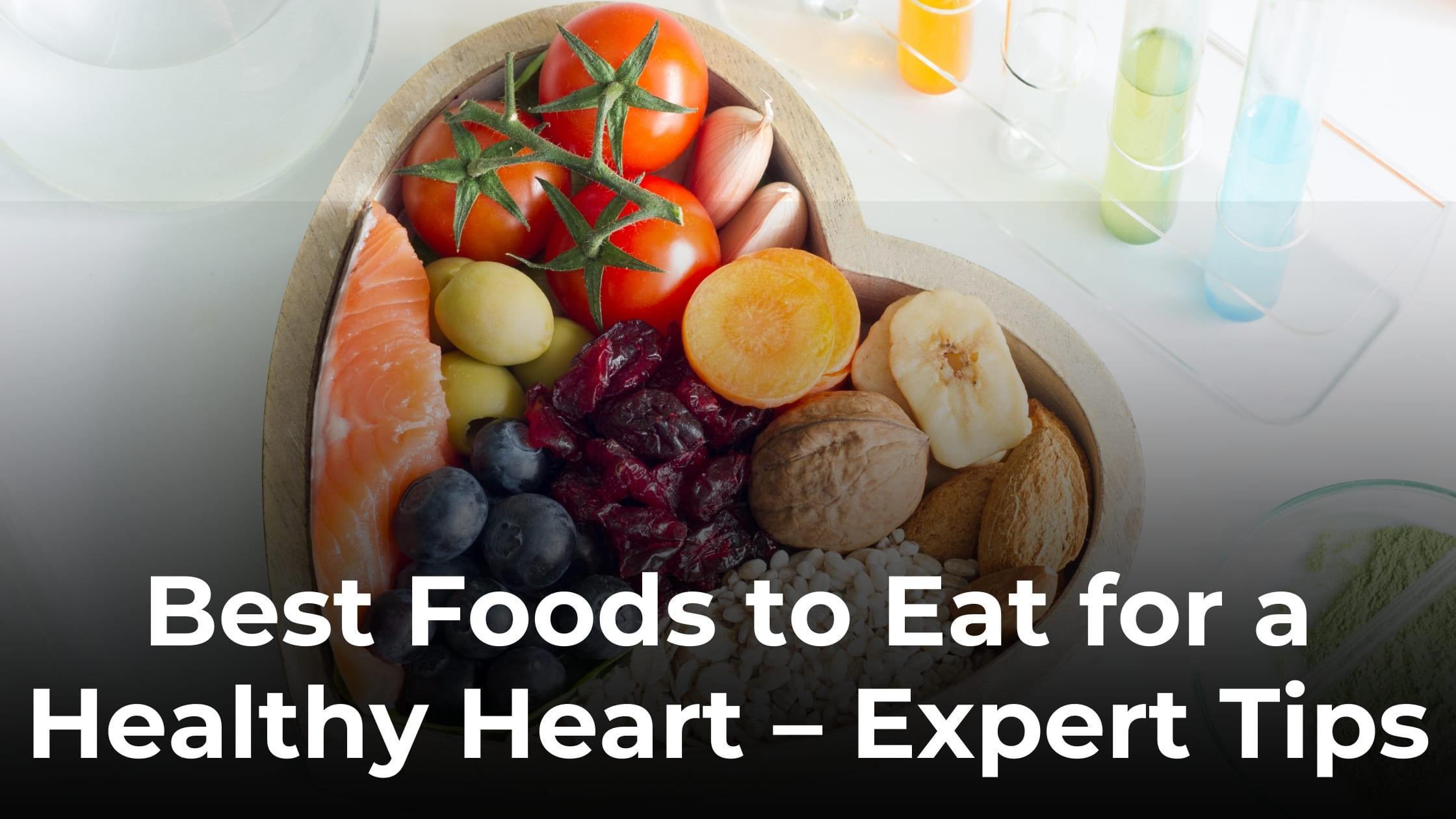
Proteins, a macronutrient made up of amino acids, play a crucial role in growth and repair of the body. Proteins have a wide variety of functions in our body. Some act as enzymes that catalyze chemical reactions inside our body, others like collagen provide structural support for connective tissues and some others act as hormones, example insulin, which helps regulate blood sugar levels. Proteins are considered the building blocks of the body. Our body changes every day; cells divide, grow, and die – these processes depend on the protein supply.
The Recommended Dietary Allowance (RDA) for protein is 0.8g of protein per kg of body. RDA is the adequate amount of a nutrient required to meet the body’s requirements. The protein requirement differs from person to person based on their gender, age, physical activity level, and health. Low intake of proteins can lead to protein deficiency. Protein deficiency leads to weak muscles, thin and brittle hair, and stunted growth in children.
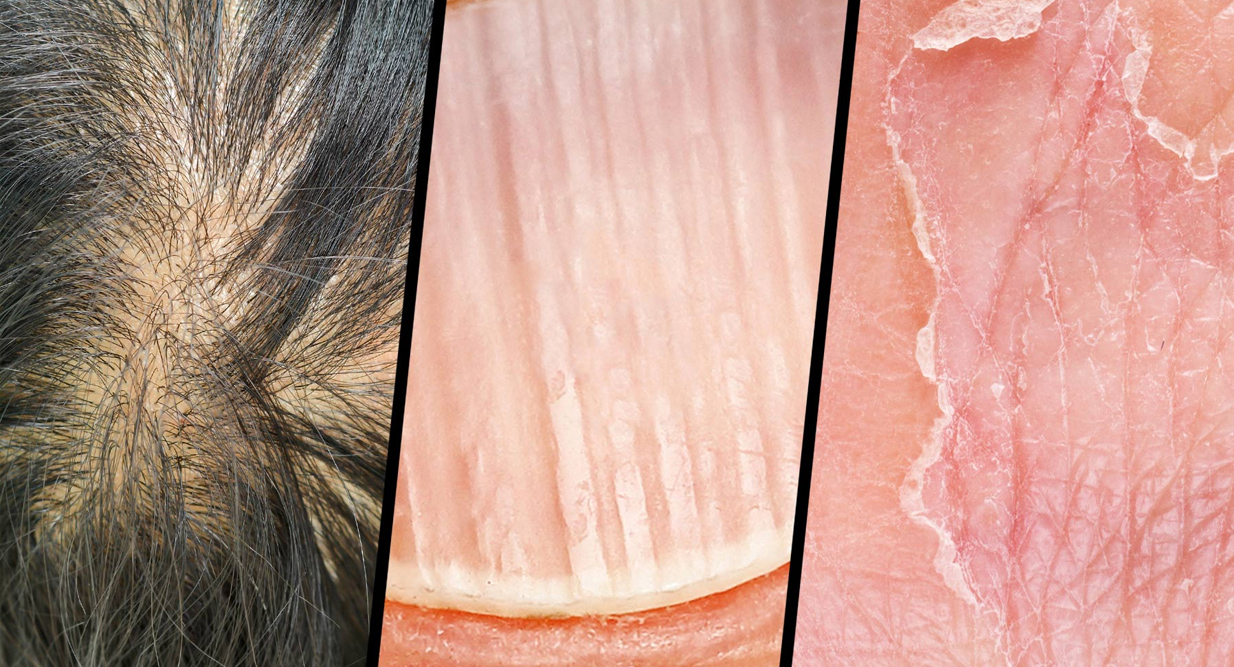
Benefits of plant-based proteins
Exploring alternative protein sources and moving towards a sustainable plant-based diet has been the focus among researchers in recent times. The Food and Agriculture Organization defines sustainable diets as “those diets with low environmental impact that contribute to food and nutrition security and to a healthy life for present and future generations.” One benefit of eating animal protein is that some animal foods can provide all the nine essential amino acids that aren’t synthesized by the human body.
But below are a few reasons why one could happily trade animal protein sources for plant-based ones:
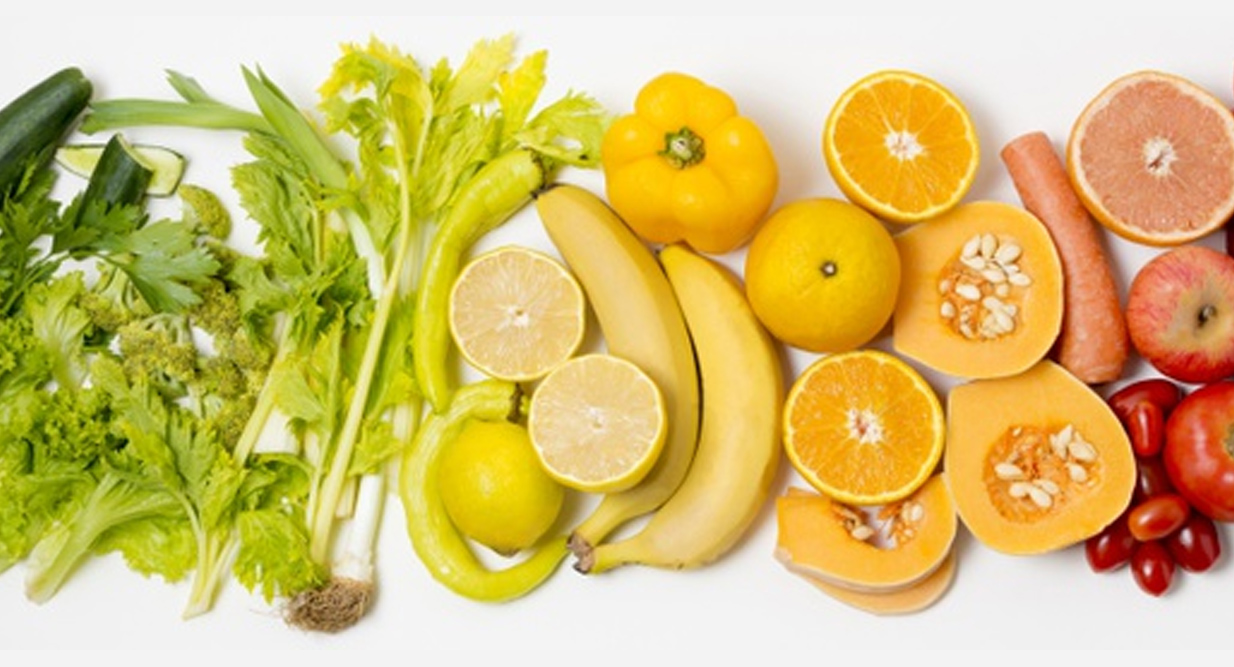
- Weight loss: A 2006 study published in Nutrition Review reported that a plant-based diet can be highly effective in weight loss. Epidemiological studies suggest that vegetarian diets are associated with lower BMI and reduced occurrence of obesity in children.
- Diabetes: In 2009, a study involving 60,000 subjects, including men and women, found that the prevalence of diabetes in individuals on a vegetarian diet was 2.8% compared to 7.6% in non-vegetarians. Though, currently, there is no confirmed causal study between diabetes and a non-vegetarian diet.
- High blood pressure: Dietary Guideline Advisory committee reviewed a study that was conducted to understand the effect of diet on blood pressure. Researchers observed that the plant-based diet was associated with lower systolic and diastolic blood pressure. Furthermore, a vegetarian diet was linked to lower risks of developing heart diseases. Again this may not be causal and could probably be related to higher instances of salt in animal products.
SIX PLANT–BASED PROTEIN SOURCES.
A common misconception is that a plant-based diet doesn’t provide the body with adequate proteins; however, that’s a myth. Here is a list of protein-rich foods to help meet your daily requirement.
1. Tofu, tempeh, and edamame
Soy products are amongst the richest protein sources in a vegetarian diet. They contain all essential amino acids needed for a human diet.
- Tofu contains around 10g of protein per half a cup.
- Tempeh provides about 15g of protein per half a cup. Besides, it is also rich in calcium and iron.
- Edamame is immature soybeans and contains 8.5g of protein per half a cup.
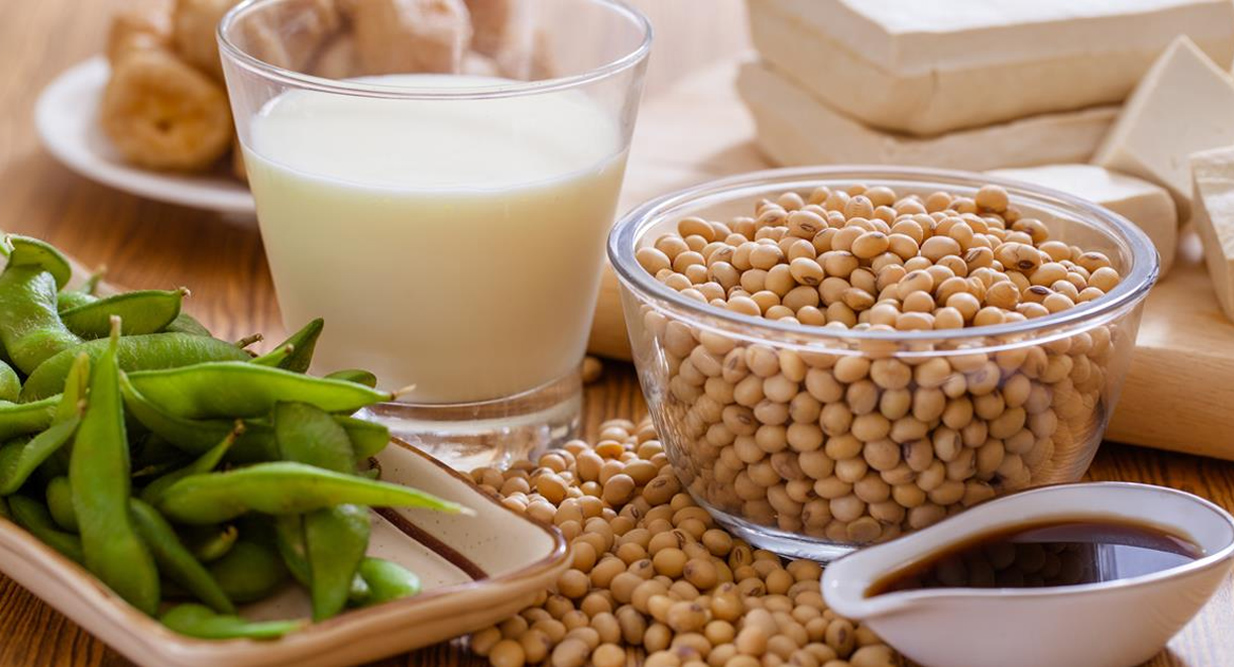
2. Chickpeas
A boiled cup of chickpeas contains about 7.25g of proteins per half a cup. Hummus, made from chickpea paste, can be served with sandwiches as an alternative to butter.
3. Lentils
These are an excellent source of proteins. One cup of lentils provides 16g of proteins and 15g of fiber.
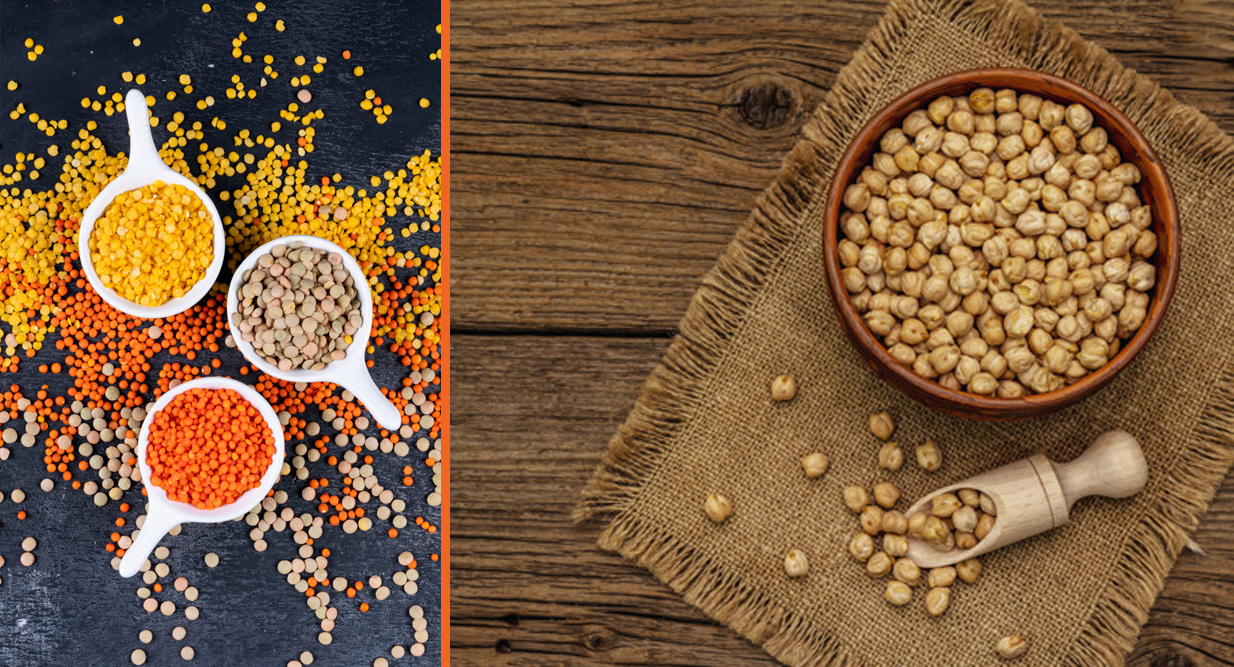
4. Nuts
Nuts like almonds, cashew nuts, pistachios, and peanuts are a powerhouse of proteins and unsaturated fats.
- Peanuts are full of healthy fats and proteins.
- Along with proteins, almonds also provide the body with a good amount of vitamin E.
5. Seeds
Low in calories, rich in healthy fats and fiber, seeds are among the best sources of plant-based proteins.
- Sunflower seeds contain about 3.3g of proteins per 100g calories.
- One tablespoon of chia seeds contains 2g of proteins.
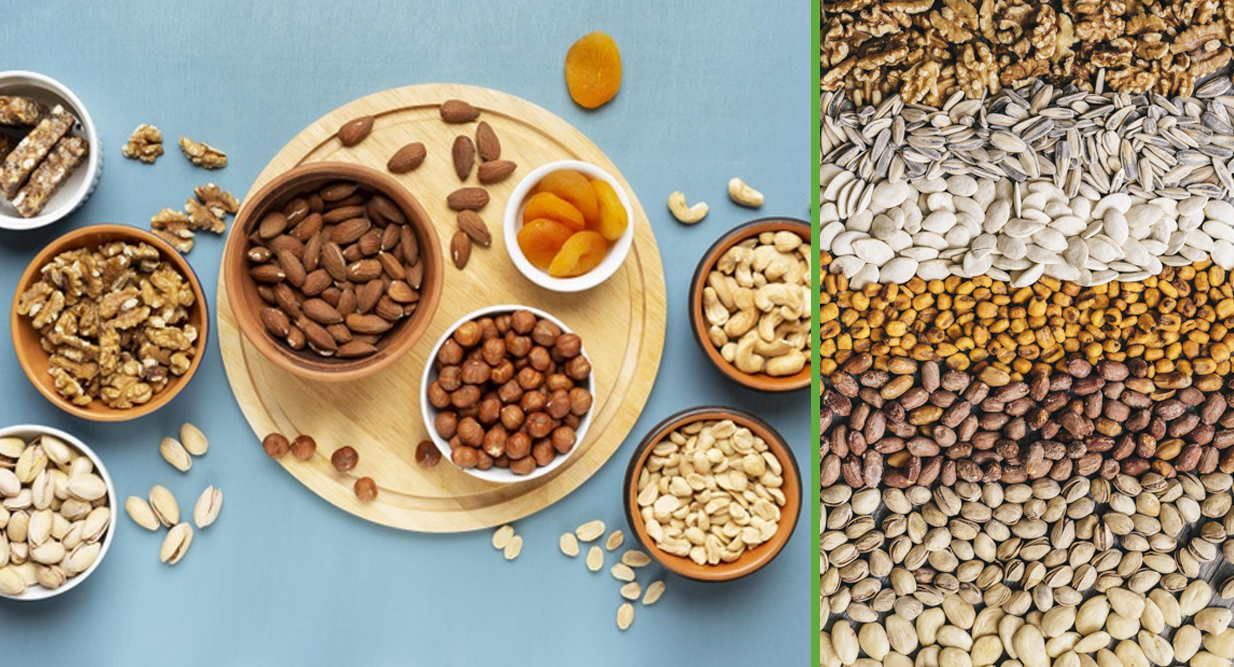
6. Quinoa
Quinoa, which is a good healthy substitute to rice, contains 8g of protein per cup. Quinoa is packed with nutrients such as magnesium, manganese, iron, and fiber.
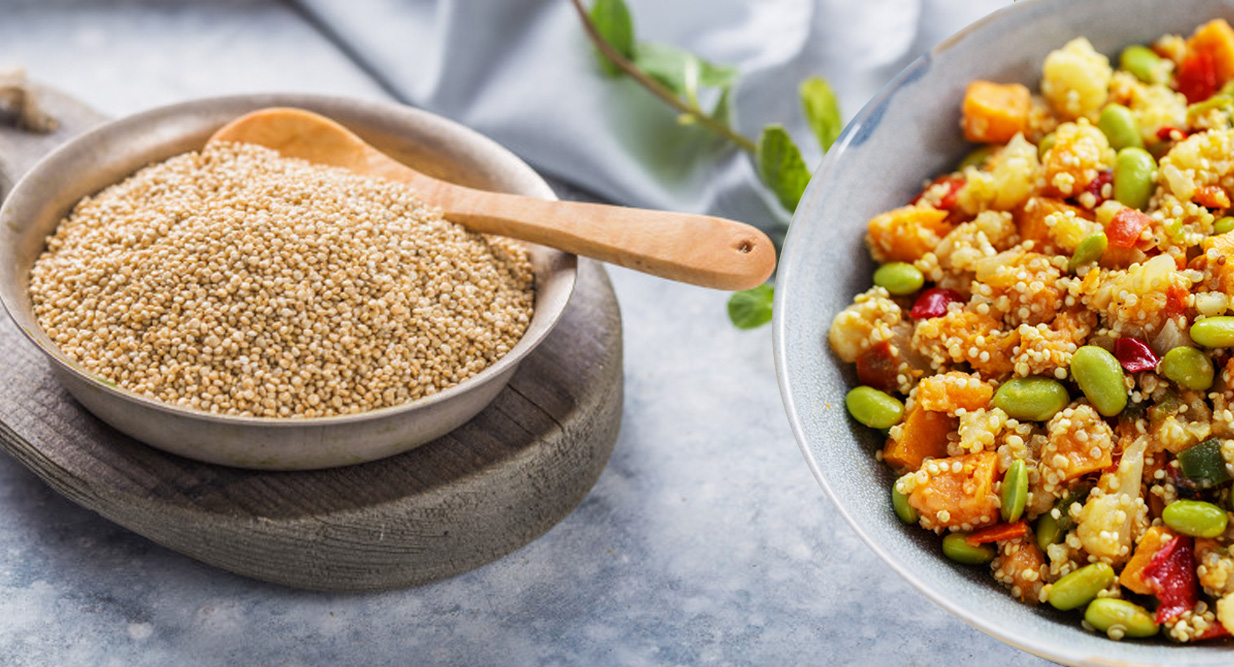
Health Click Away (HCA) is an AI-based app that enables you to track your protein intake and other nutrient intake as well. This app gives you the nutrient profile of every food you consume and helps you meet your daily protein requirement. Health Click Away (HCA) encourages the practice of mindful eating and thus enables you to build a healthy and fit lifestyle. Download the app Health Click Away and start your health journey today.



